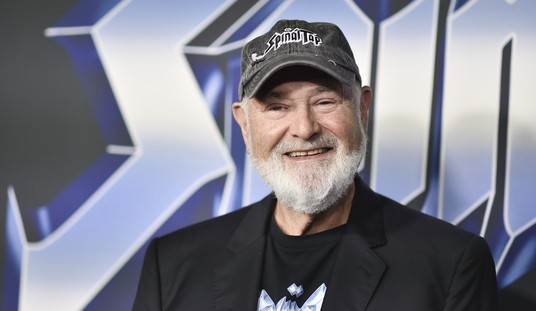Bill Quick isn’t just an entertaining storyteller, he’s a sharp businessman who understands the publishing industry better than most publishing companies. Looking at how ebooks are changing the industry, he concludes:
“Good” writers generally craft stories that many, many people like. That word “craft” entails a lifetime of hard work, trial and error, self-education, and, yes, native talent. Not everybody can do it. In fact, not very many people at all can do it relatively well or successfully. And therein lies the issue over which the dying world of book-object-story is currently dashing itself to pieces. The commercial structure undergirding our previous method of story delivery – the mass-marketing of book-objects that present individual stories — acted as a gatekeeper that prevented all but those regarded by hard-eyed editors using a definition of quality that included notions of profit — Will this story sell enough books to make a profit in our current commercial structure? — from reaching a significant number of readers.
That structure is dead — and the gatekeeper function it performed is equally dead [Emphasis added].
It’s an unnerving time for publishers, as their “structure is dead.” But it’s an equally-unnerving time for writers, who must find new ways to reach an audience, and to do so profitably.
Rather, I think it’s unnerving for established writers.
Young writers are busy with their Great American Novels and will, without much worry, publish to Kindle and the iBookstore and trust that their audience will find them. Some will succeed, some will fail, just like they do today. A very lucky and talented few will become the next Tom Clancy or John Grisham. But I’m not concerned about them, because the next Clancy or Grisham will always come around. Some writers just tell rollicking good popular stories, and will continue to do so — no matter what form the industry itself takes.
But one class of writers who currently benefit under the current system will suffer, and another class which has suffered will find new benefits in the exciting world of e-publishing. Let’s cover the bad news first.
I hate to break it to “prestige” authors, but I’m not sure how they’re going to make it in the digital marketplace. The “prestige” folks write tiny little books about tiny little subjects dear to the tiny little hearts of great big publishers. They don’t sell many copies, but the publishers get the prestige of having said-author’s name and work (usually excruciatingly liberal) on their imprint. You see these books in small numbers in prominent locations near the front of the bookstore. You don’t see many people picking them up.
As the big publishers go the way of the dinosaurs, what does it profit them to spend scarce resources on money-losing prestige works? Already, publishers are trying to justify their very existence, in a world where authors can go directly to their audiences, without the need for gatekeepers.
What the Internet has done to the news industry, ebooks are doing to publishing — which brings us to the winners in this brave new world.
Big publishers have squeezed the life (and incomes) out of mid-list writers. Between your Clancys and your prestige authors lies the put-upon midlister. He doesn’t sell millions of copies and get the big advances. He doesn’t have the proper degree from the proper university to express the proper opinions. He just tells good stories to an appreciative audience — if he can find a publisher willing to take a chance on an unknown commodity to earn an uncertain (but certainly slight) dividend. Giant publishers are, by nature, risk averse. And there’s nothing more risky than spending jillions of dollars to print thousands of copies of books by someone nobody has heard of.
But epublishing empowers the midlist writer to go crash the gates and at least be seen on the Kindle Store — which is a lot more than Random House is going to give them. And if one of Amazon’s editors takes a keen interest in something, they can publicize the book at very little risk to the bottom line. A few thousand (or even a few million) banner ads cost nothing compared to a whole bunch of remaindered dead-tree books.
There are thousands upon thousands of good storytellers who can’t get anyone at Knopf or anywhere else to give them the time of day. But for Amazon and Apple, more content is always better, because publishing is practically free.
So to every aspiring writer out there, I say: The castle walls are crumbling — now is your time to rush in.
AND ANOTHER THING: Science fiction author (and friend of mine) Sarah Hoyt has written a companion piece, comparing her status as a midlist writer to a battered wife.
It’s a whole lot funnier than that probably sounds at first glance, really.










Join the conversation as a VIP Member